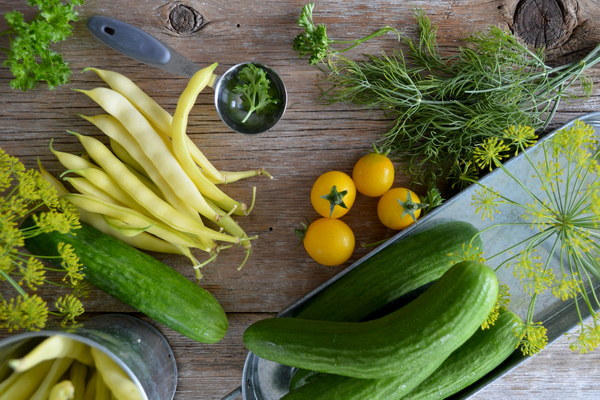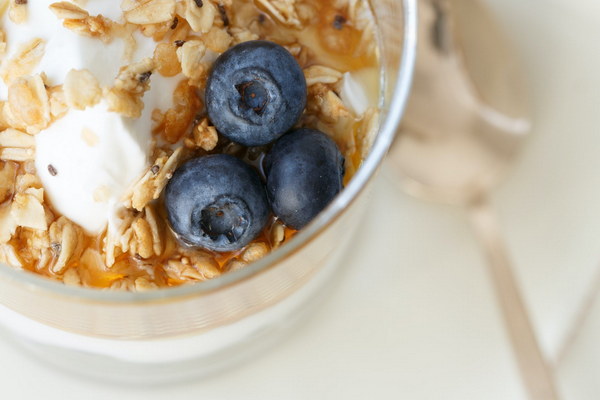Essential Tips for Protecting and Nurturing Your Gastric Mucosa A Comprehensive Guide
Introduction:
The gastric mucosa, the protective lining of the stomach, plays a crucial role in maintaining digestive health. However, poor dietary habits, stress, and other factors can harm this delicate layer, leading to various stomach issues. In this article, we will discuss essential tips for protecting and nurturing your gastric mucosa, helping you maintain a healthy digestive system.
1. Maintain a Balanced Diet:

A well-balanced diet is key to maintaining a healthy gastric mucosa. Incorporate the following foods into your daily meals:
a. Fruits and Vegetables: Rich in vitamins, minerals, and antioxidants, fruits and vegetables help protect the stomach lining from damage. Aim to consume a variety of colorful produce to ensure a wide range of nutrients.
b. Lean Proteins: Foods like chicken, turkey, fish, and legumes provide essential amino acids that aid in repairing and maintaining the gastric mucosa.
c. Whole Grains: Foods such as brown rice, quinoa, and whole-grain breads are rich in fiber, which promotes healthy digestion and reduces the risk of stomach ulcers.
d. Fermented Foods: Foods like yogurt, kefir, sauerkraut, and kimchi contain beneficial probiotics that promote a healthy gut flora, which is crucial for protecting the gastric mucosa.
2. Avoid Harmful Foods and Substances:
Certain foods and substances can irritate the stomach lining, leading to damage and inflammation. Try to minimize or eliminate the following:
a. Spicy Foods: Spicy dishes can cause stomach pain and exacerbate existing conditions like gastritis.
b. Alcohol: Excessive alcohol consumption can damage the gastric mucosa and increase the risk of stomach ulcers.
c. Caffeine: High caffeine intake can irritate the stomach and disrupt the balance of stomach acid.
d. Acidic Foods: Foods high in acidity, such as citrus fruits, tomatoes, and vinegar, can exacerbate stomach issues.
3. Practice Portion Control:
Overeating can put additional stress on the stomach, leading to inflammation and damage to the gastric mucosa. Aim to eat smaller, more frequent meals to avoid overloading your stomach.
4. Manage Stress:
Stress can lead to increased stomach acid production and inflammation of the gastric mucosa. Find healthy ways to manage stress, such as:
a. Regular Exercise: Physical activity helps reduce stress levels and improve overall well-being.
b. Mindfulness and Meditation: These practices can help you stay calm and focused, reducing stress.
c. Adequate Sleep: Ensure you get enough restful sleep to allow your body to recover and maintain a healthy digestive system.
5. Avoid Smoking and Secondhand Smoke:
Smoking can damage the gastric mucosa and increase the risk of stomach ulcers and other stomach issues. Quitting smoking or avoiding secondhand smoke is essential for protecting your stomach lining.
6. Seek Professional Advice:
If you experience persistent stomach pain, bloating, or other symptoms, consult a healthcare professional. They can provide appropriate treatment and guidance tailored to your specific needs.
Conclusion:
Maintaining a healthy gastric mucosa is essential for overall digestive health. By following these tips, you can protect and nurture your stomach lining, reducing the risk of stomach issues and promoting a healthy digestive system. Remember, a healthy diet, stress management, and regular medical check-ups are key to keeping your gastric mucosa in good condition.









